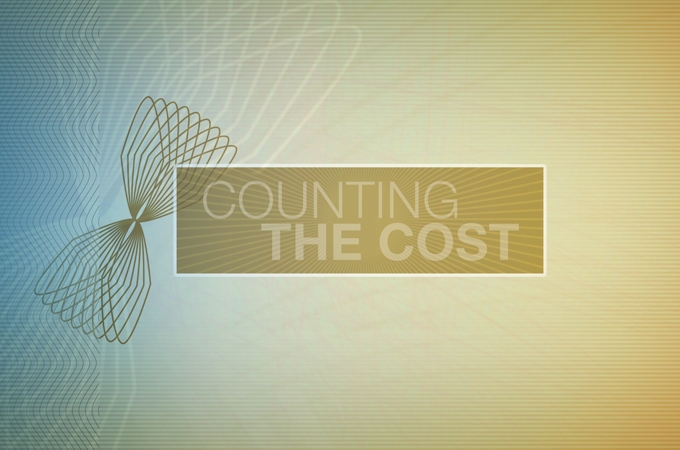
Is it too late to save Iran’s economy?
We ask how the limited relief on economic sanctions will impact ordinary Iranians and if it is too little, too late.
Iran has struck a landmark deal with the United States and five world powers to freeze important parts of its nuclear programme. In return, Iran will get limited relief on some economic sanctions.
Under the deal, the world powers agreed to suspend limited sanctions on Iran’s auto industry, allow the purchase of up to 100 million barrels of Iranian oil a day, and help assist Iran in the humanitarian field – including in the importation of medicine.
Keep reading
list of 4 itemsWhy are nations racing to buy weapons?
Parallel economy: How Russia is defying the West’s boycott
US House approves aid package worth billions for Ukraine, Israel
But with inflation running at more than 40 percent in Iran, where the economy shrunk by five percent last year, just how much of a difference will this make?
Well, the relief is estimated to be worth $7bn over six months. Iran will be able to access $4.2bn worth of frozen oil assets, but $100bn worth of Iran’s assets have been blocked overseas.
So, just how much will this help Iran’s crippled economy? And how much of an impact will it have on ordinary Iranians?
And also on this episode of Counting the Cost we ask if printing money really eases financial burdens.
Central banks from the leading developed nations have done a lot of it over the past few years – trillions of dollars’ worth in fact – in an effort to boost economies.
The Bank of England, the European Central Bank, the Federal Reserve and the Bank of Japan have, together, spent $4.7tn. And the biggest beneficiaries have been governments. As central banks have bought bonds, interest rates have been kept low, allowing governments to pay less on the money they borrow.
But emerging markets have paid the cost. Between 2009 and 2012, $723bn flooded into those economies each year, making their exports more expensive as currencies like the US dollar weakened, creating bubbles in the bonds, housing and equity markets.
So is this the right way to go? And what alternatives do governments have when tackling the economic crisis?
Finally, we ask, is it possible to go green in the Gulf, where leaded petrol and air conditioning still reign?
Omran al-Kuwari, a young Qatari entrepreneur who runs the country’s biggest solar farm, drives a Porsche hybrid car, and has the Middle East’s first Tesla electric car, thinks it is.
Watch each week at the following times GMT: Friday: 2230; Saturday: 0930; Sunday: 0330; Monday: 1630. Click here for more Counting the Cost. Follow Kamahl Santamaria @KamahlAJE and business editor Abid Ali @abidoliverali |
